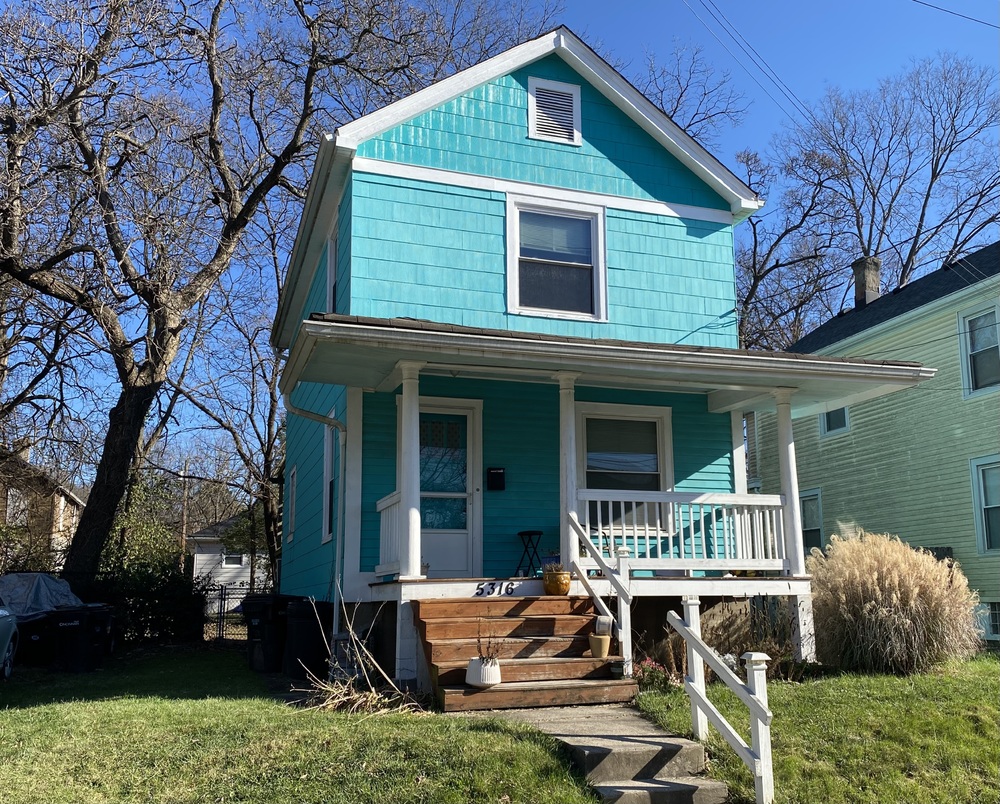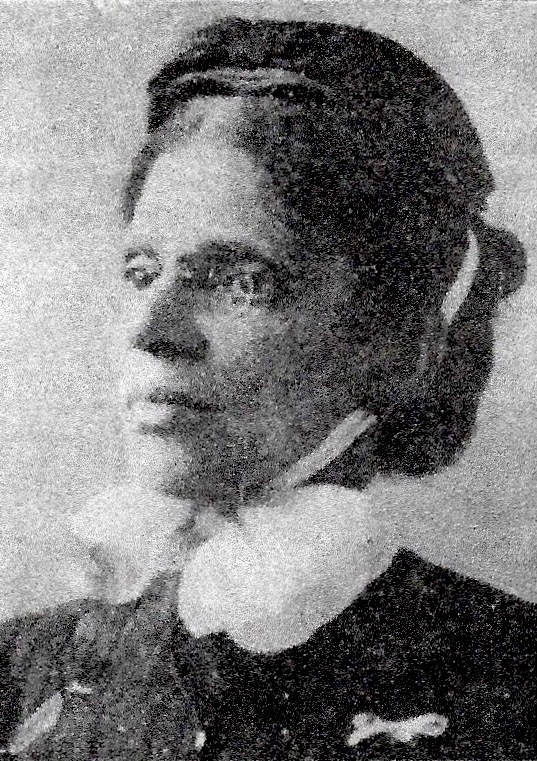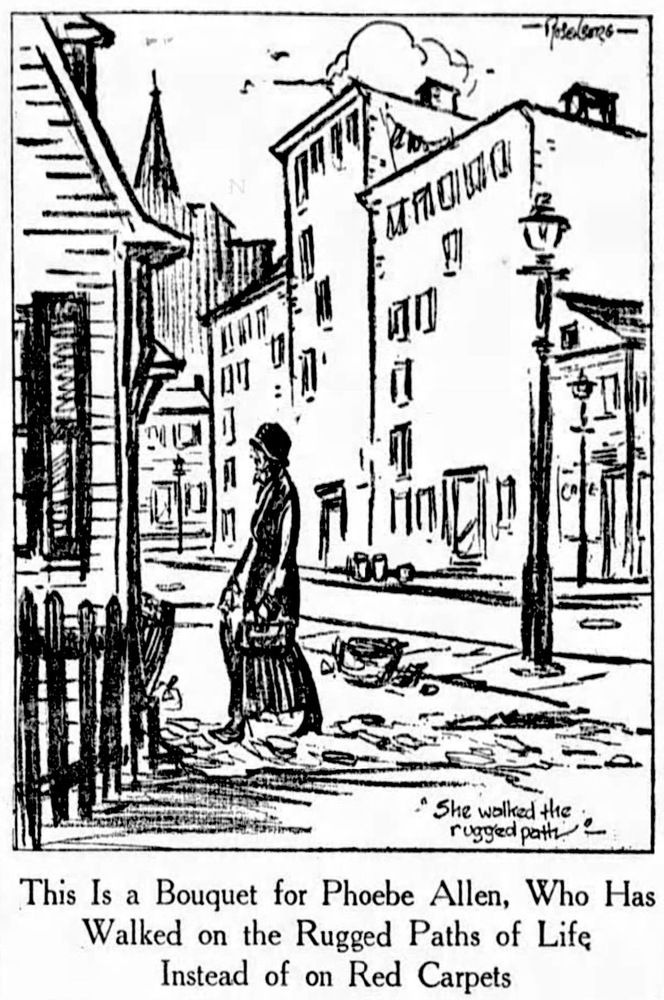Home of Phoebe Boots Allen
Pioneering Evangelist, Suffragist, and Social Worker

Born into slavery in Kentucky in 1856, Phoebe Boots Allen became an evangelist, women’s suffragist, and social worker. Her obituary, in the Cincinnati Enquirer for November 24, 1926, calls her "one of the most widely known negro social workers in the Middle West."
Phoebe Boots “was reared by a maternal grandmother who was an evangelist and a slave, going from one plantation to another, doing missionary work, spreading the gospel among the slaves and their owners.” This comes from Ruth Neely’s 1900 book Women of Ohio.
Neely continues: “Phoebe, then a very young girl, felt the urge to serve in the same capacity, and presently began to assist her cousin, a minister, in his evangelistic services, held in the hills of Kentucky. Later she would hold services alone. Rough mountaineers would drive for miles to the woods, where these meetings were held, to hear the exhortations of ‘that woman of God.’”
She married Thomas M. Lewis and moved to Covington, Kentucky. She later moved to Cincinnati, where in 1897 she married Jeremiah Allen.
Phoebe Allen was one of the very first women to serve as a deaconess in the African Methodist Episcopal Church. Nationally, the AME denomination did not allow women to serve as deacons until August 1900, when the first twelve deaconesses were consecrated at Cincinnati’s Allen Temple. Phoebe Allen was one of those twelve.
In 1904, Phoebe Allen became a juvenile court probation officer in Hamilton County, Ohio. There, she handled the earliest-known case of the juvenile court. Ruth Neely writes, “Mrs. Allen, fearless where the welfare of a human being was concerned, would go unaccompanied into dives and hovels to rescue a child. Police said that she could enter places where they feared to go alone.”
As a temperance advocate, Phoebe Allen had a national reputation. Historian Francis Myron Whitaker states that “By March 1912, the Phoebe Allen Union of Cincinnati had emerged as the largest all-Negro Women’s Christian Temperance Union in the United States.”
In 1913, the Cincinnati Commercial Tribune reported that “Colored Women of the city are organizing suffrage clubs under the direction of Phoebe Allen of the Juvenile Court.” Another news item from 1914 mentions Walnut Hills as a particular focus of her suffrage organizing efforts.
Phoebe Allen lived in downtown Cincinnati until 1915, when she purchased a home in Madisonville, at 5316 Ward Street. She retired from the juvenile court a year later, but she continued to give speeches in favor of women’s suffrage, temperance, and cleaning up county government. Her obituary says that she “kept her connections with the negro social work until her death.”
She died in Madisonville in 1926. She was well-remembered for decades. In 1945, the Cincinnati city council finally voted to allow women to serve as police officers. Some disagreed with that decision. An editorial in the Cincinnati Post pointed out that if the force could recruit a few women like Phoebe Allen, they'd do just fine.
Images


